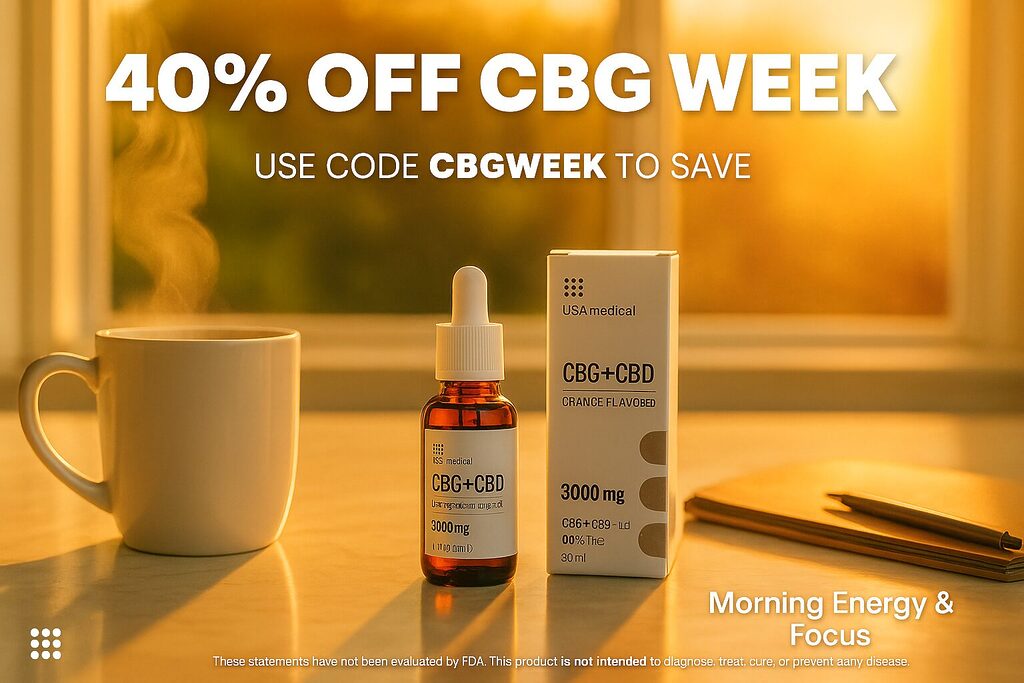
Breaking: CBG Week Starts Today, 50% Off Through Sunday, Sep 14
Save 50% on USA Medical CBG this week. Use code
By Jake Crossman (CNC-NASM), Nutrition Specialist; Holistic Health Coach; Managing Partner, USA Medical
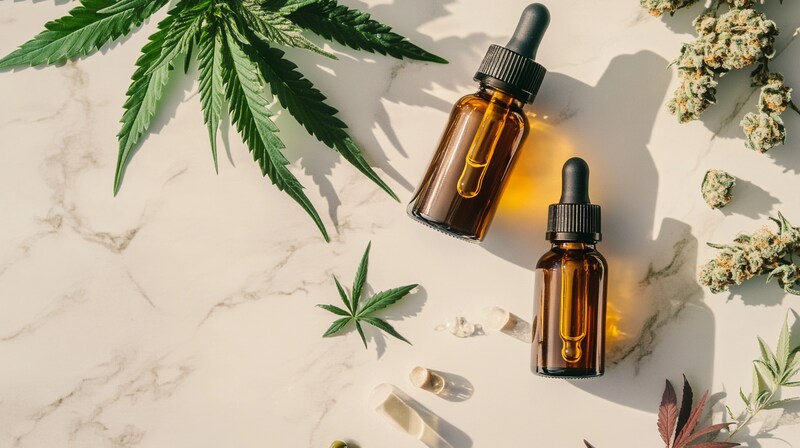
Did you know CBD and CBG are two non-psychoactive cannabinoids derived from the hemp plant? As they become increasingly popular, the legality of the substances is being questioned.
While hemp-derived products are legal under the 2018 Farm Bill in the U.S., cannabis products with higher THC content remain federally restricted. The key difference is that hemp must contain less than 0.3% THC to be considered legal. On the other hand, THC-rich cannabis falls under different regulations, often requiring medical approval or facing outright prohibition.
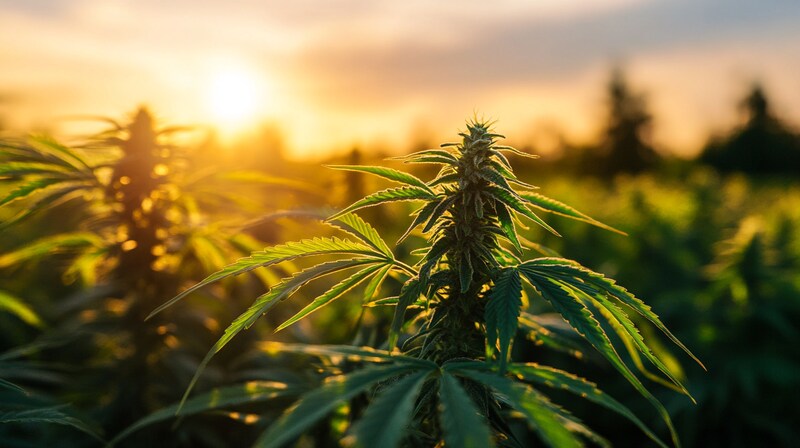
The legality of CBD Oil depends on its type:
Some full-spectrum products have led to legal action by the FDA against companies selling products that exceed the legal THC limit or make unsubstantiated health claims. But, in general, the answer to ‘Is CBD illegal’ is no – you can buy CBD in every state in the U.S.
Hemp-derived CBD Oil is legal in all 50 U.S. states, provided it contains less than 0.3% THC. However, products marketed as containing higher THC levels or as medical cannabis are regulated differently, requiring medical programs in certain states. So, the answer to ‘Is THC oil legal?’ varies state-by-state.
USA Medical ensures that all our products comply with these legal requirements, offering hemp-derived CBD that meets both federal and state standards. Some full-spectrum products have encountered FDA enforcement in states like Idaho and South Dakota, emphasizing the importance of regulatory compliance. That means we offer CBD products including the ‘broad-spectrum’ of cannabinoids without any THC to help with symptoms of conditions like anxiety, insomnia, multiple sclerosis, and pain relief.
If you’re wondering ‘Is CBD federally legal In Europe,’ the legal landscape for CBD varies by country:
The European market can be complex, and the Novel Food classification adds another layer of regulation. CBD must be approved under this regulation to be sold as a food supplement, though enforcement varies by country.
The Novel Food classification is a regulatory framework established by the European Union (EU) to ensure the safety of new food ingredients that were not widely consumed in Europe before May 15, 1997. CBD, when intended for human consumption, is categorized as a novel food under Regulation (EU) 2015/2283. This classification requires that any product containing CBD as an ingredient must undergo safety assessments and be approved by the European Food Safety Authority (EFSA) before it can be legally sold as a food or dietary supplement.
Products labeled as CBD supplements or edibles need individual approval, making it challenging for manufacturers to meet regulatory requirements across Europe. This process ensures the product is safe for consumption, accurately labeled, and free from contaminants. However, enforcement of these regulations varies among EU countries. For example, while Germany and the UK have adopted the Novel Food regulations more rigorously, countries like Hungary apply their own rules alongside EU standards.
This regulation has slowed the growth of the European CBD market, as companies must demonstrate that their products comply with stringent testing and approval processes to avoid penalties.
CBD Oil legality varies significantly depending on THC content, product type, and regional laws. In the U.S., hemp-derived CBD is widely accessible, but full-spectrum CBD products with higher THC content may face legal challenges.
Similarly, in Europe, most countries allow CBD with minimal THC, but there are notable exceptions like Slovakia and Hungary. At USA Medical, we ensure that all our CBD products comply with relevant legal standards, providing safe, high-quality options for consumers across the U.S. and beyond.
The answer to ‘Is CBD federally legal’ in the U.S. is yes, but only if it is derived from hemp and contains less than 0.3% THC, according to the 2018 Farm Bill. However, CBD legality varies by state, and some states impose additional restrictions.
CBD derived from hemp is not one of the controlled substances under federal law. However, the FDA has not approved most CBD products as dietary supplements or medications, except for one prescription drug called Epidiolex, used to treat seizures.
The legality of CBD Oil with THC depends on the concentration of THC. CBD products containing more than 0.3% THC are illegal federally but may be allowed in states with legalized cannabis. Check cbd legality by state before purchasing.
THC oil is illegal under federal law because THC is classified as a Schedule I substance. However, some states where recreational or medical marijuana is legal permit the sale of cannabis products with THC. The effects of THC are classified as having “no known medical use” so it’s important to avoid THC when buying CBD oil online.
While CBD products are often marketed for pain relief, mental health, and multiple sclerosis, their safety and effectiveness are not fully confirmed by the Food and Drug Administration (FDA). Consumers should consult healthcare providers to discuss risks and side effects.
Common side effects of CBD include fatigue, dry mouth, and digestive issues. Products containing both THC and CBD may cause additional effects like dizziness and intoxication, depending on THC content.
You can buy CBD online or in stores in most states, but it must meet federal guidelines (less than 0.3% THC). Always verify CBD legality by state before purchasing, as some states enforce stricter rules on cannabis derived products.
Most CBD products are not FDA approved, except Epidiolex, which is used to treat rare seizure conditions. Until the Food and Drug Administration provides further regulation, many products are sold as unregulated dietary supplements.
Federal law limits the legality of cannabis derived products to hemp-based CBD with minimal THC. State laws vary widely—some allow recreational marijuana, while others restrict the use of all cannabis products.
The effects of THC and CBD are still being researched. Some evidence supports their potential use for pain relief and managing mental health conditions, but more clinical studies are needed to confirm their safety and efficacy. Consumers should be cautious when using these products including CBD containing THC. The answer to “is CBD Oil with THC legal’ is not federal, but some U.S. states allow it.
This FAQ provides essential information on the complex legal landscape surrounding CBD Oil, THC oil, and other cannabis products in the United States. At USA Medical, we always refer to up-to-date federal and state regulations to ensure compliance.

My name is Jake. I'm a certified health coach, accredited nutritionist, and I want to make health easier for everyone.
We have the 'most advanced healthcare' in history, yet millions are still sick and on more medication than ever. My goal is to make holistic health more achievable for everybody.
I read all comments, so please let me know what you think!
These statements have not been evaluated by the FDA. USA Medical products are not intended to diagnose, treat, cure, or prevent any disease. Please consult with a healthcare professional before use.

Save 50% on USA Medical CBG this week. Use code
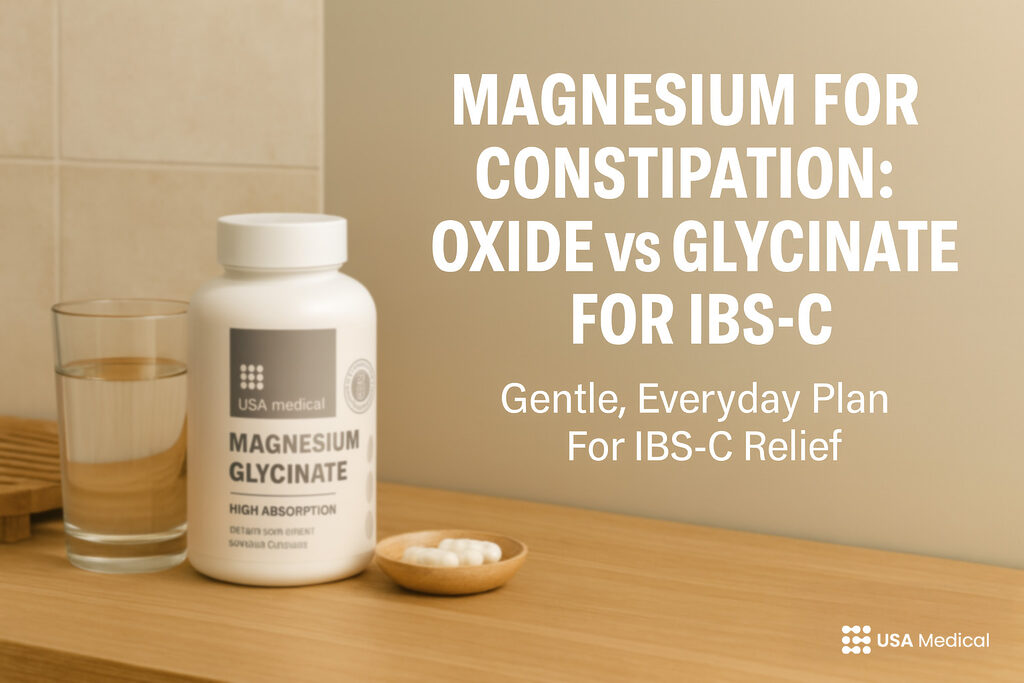
If your goal is comfortable, consistent relief, not a rollercoaster,

If you’re wondering whether magnesium glycinate for sleep is worth
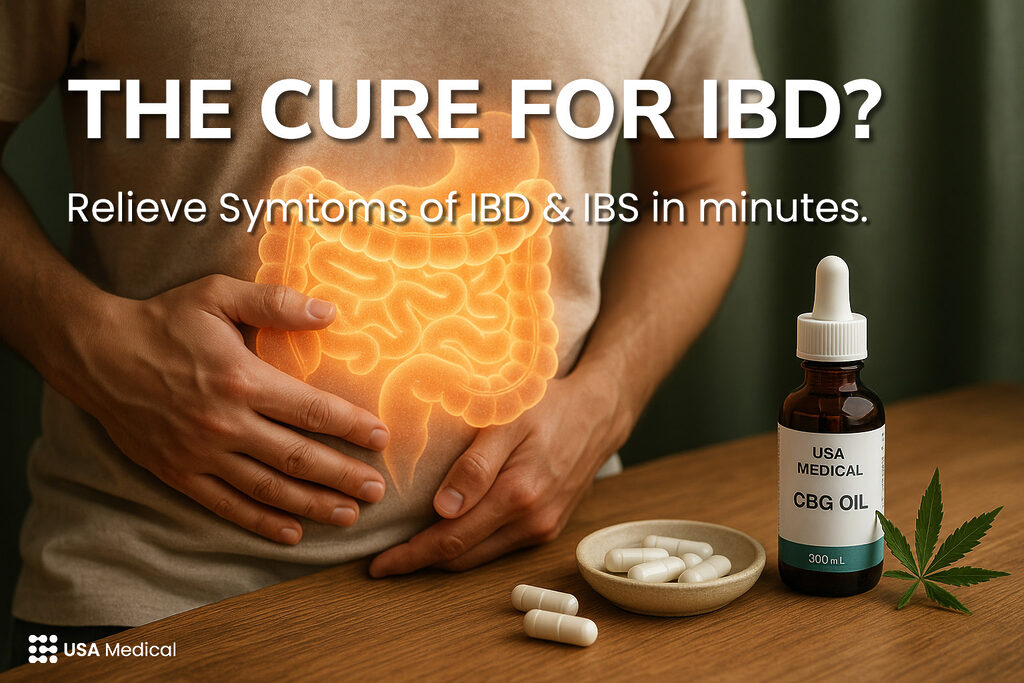
What we mean by IBD, IBS, and Crohn’s IBD is
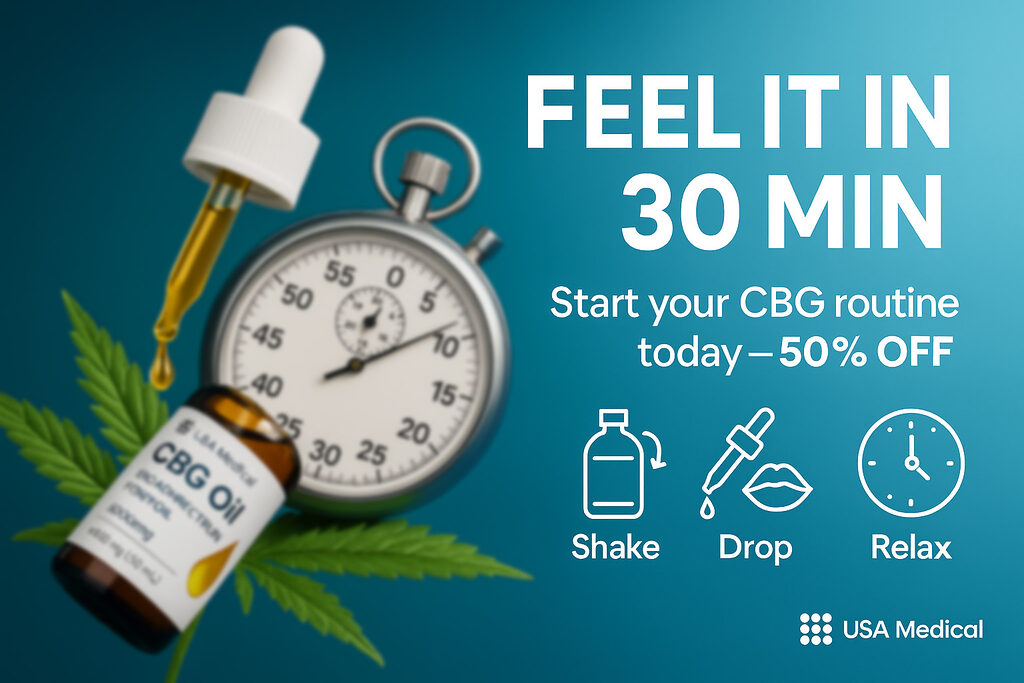
USA Medical CBG Oil works quickly and keeps working for
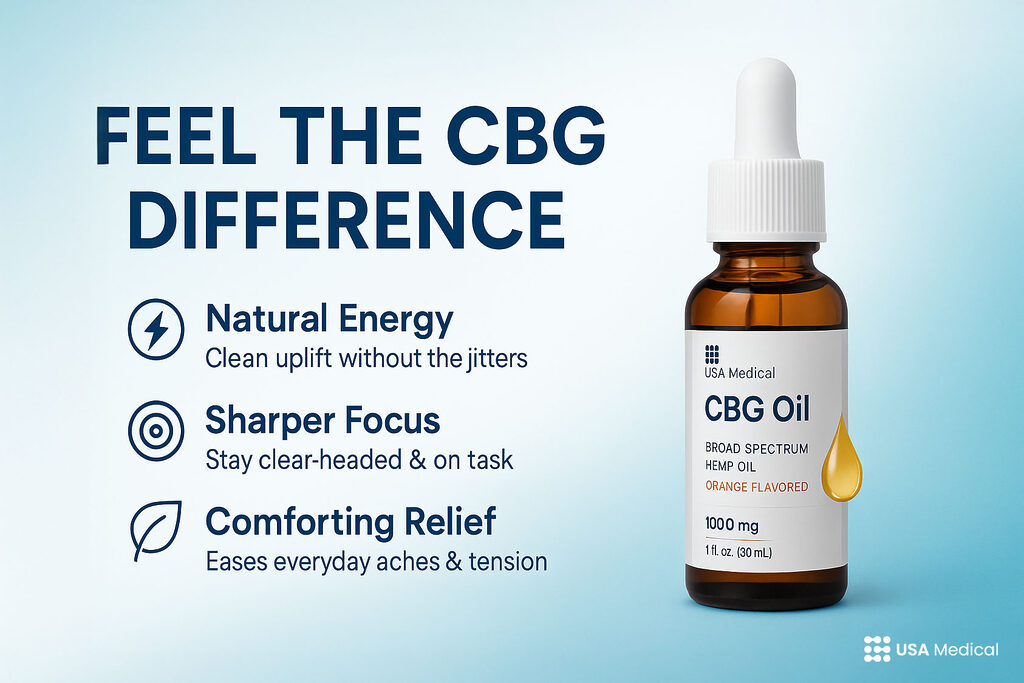
What Is CBG Oil? The Cannabinoid Behind the Buzz Cannabigerol

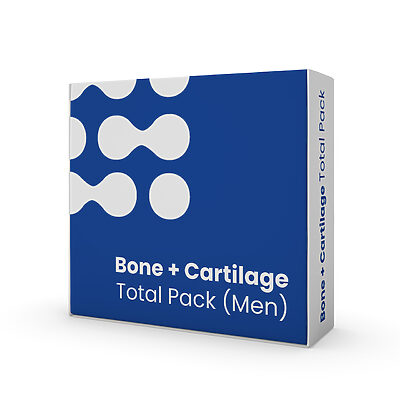
In stock | Free shipping
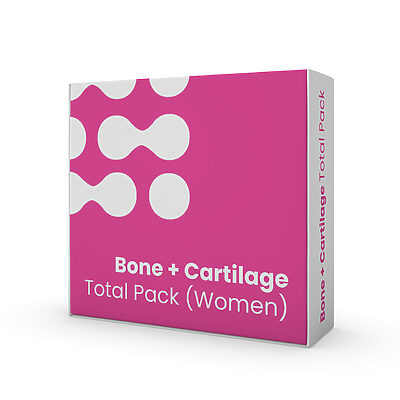
In stock | Free shipping
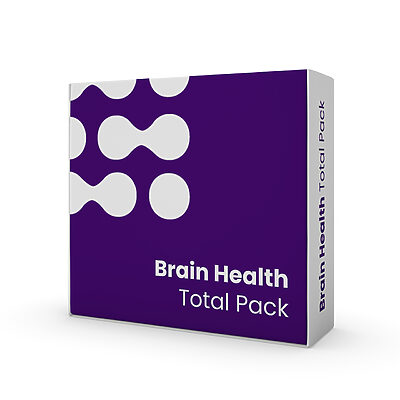
In stock | Free shipping
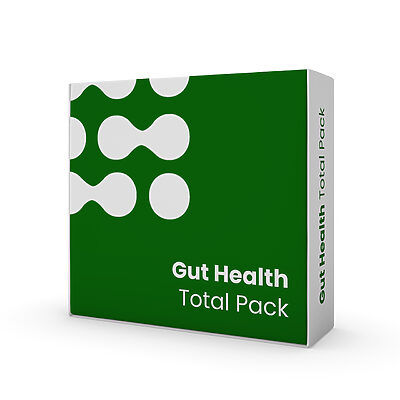
In stock | Free shipping
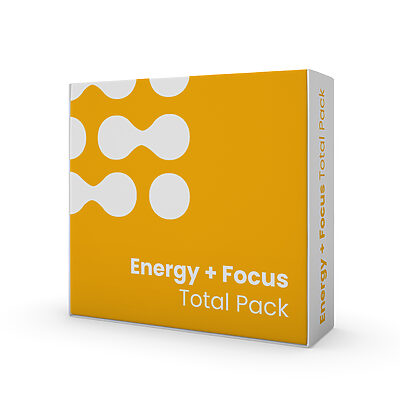
In stock | Free shipping
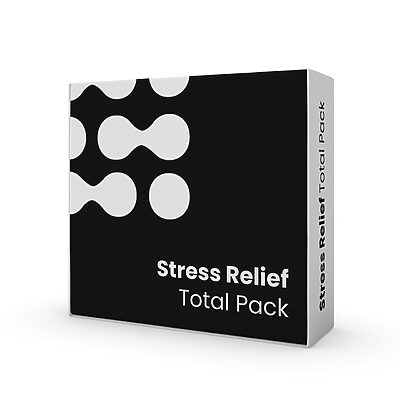
In stock | Free shipping
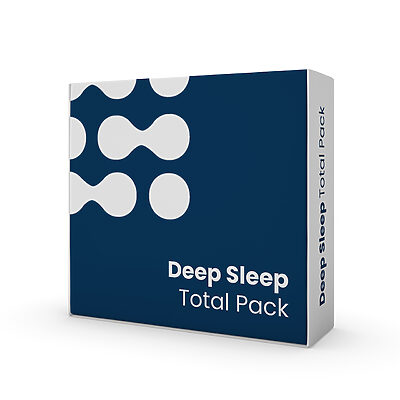
In stock | Free shipping
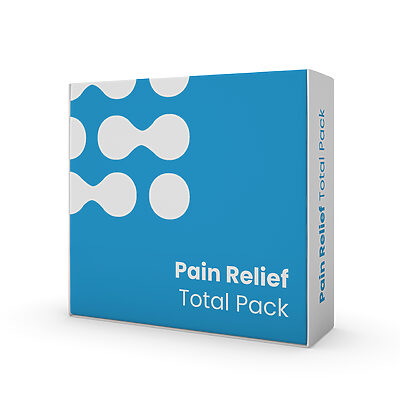
In stock | Free shipping